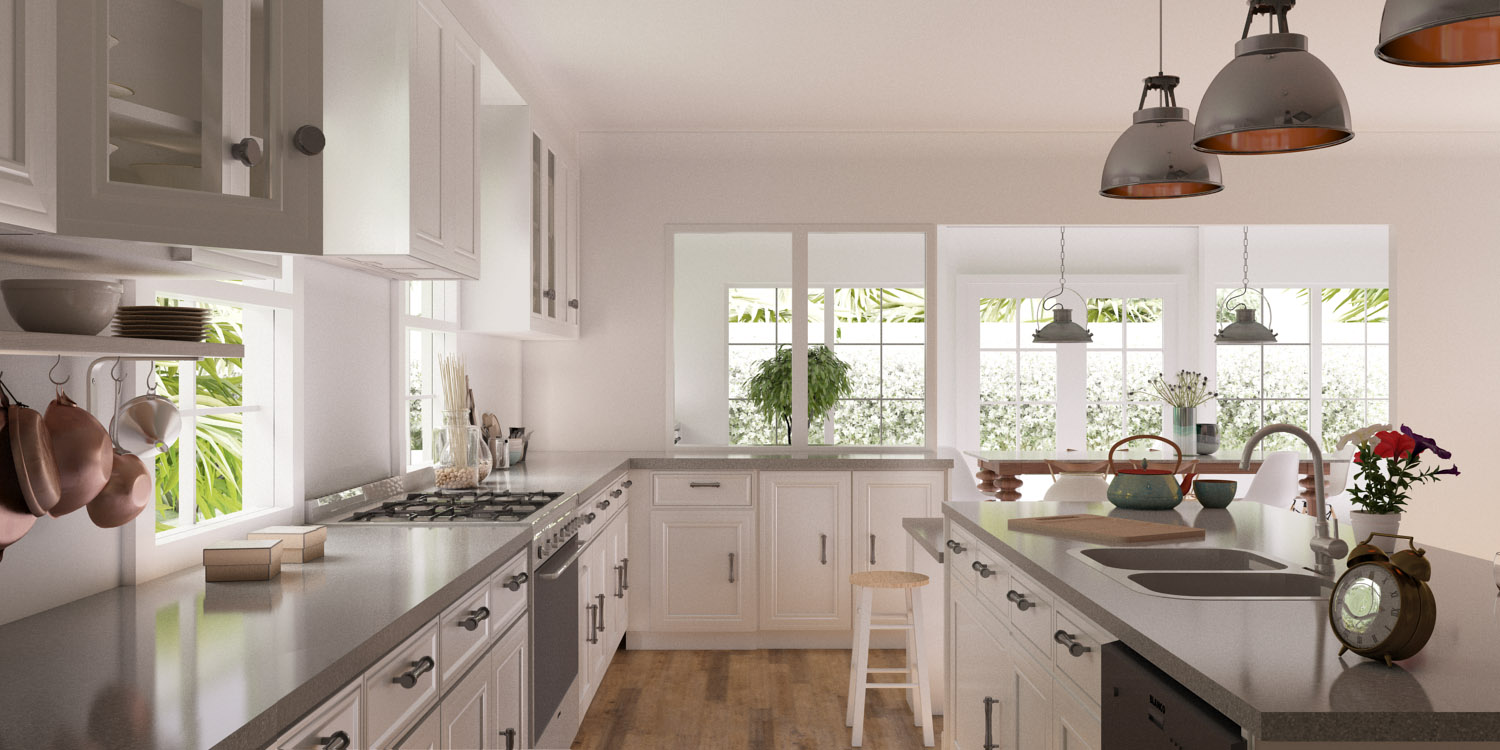The first definition in the Miriam-Webster dictionary for the word ‘client is :
“one that is under the protection of another”
We define our custom build and design system as one that affords care, protection and guidance to our prospective customers.
They are on a journey, and it our duty as professionals to guide them using all the knowledge and resources at our disposal.
Amazingly, to protect is grouped under ‘dependent’ which is linked to the definition of child. So the meaning is akin to the relationship between parent and child. So, as a doting parent, you care for your children, , protect them from the corruption in the marketplace, and guide them in the right direction.
That is why we must provide a system that cares, protects and guides them in their journey.
Care, Protection and Guidance
The very nature of trust is that it is something that must be earned. It cannot be guaranteed. Your role as a guide can only be demonstrated by providing a service, and information in a manner that is transparent and focussed on the best interest of the customer. The customer will always give you the benefit of the doubt, until you prove unworthy of that trust.
That is why we have created a layered custom home design and build system that is easy to follow and allows the customers an unprecedented degree of control of the design process.
The basis of the system is a specific pre-defined sequence. With add-on modules to provide certainty and look at the project from a global point of view; considering the scope of works as well as additional anticipated costs.
The essence of trust is therefore embodied in the process of care, protection and guidance
Providing Valuable Service.
Customers come to us to gather information. It is important that we provide this information in a consistent and accurate manner. To help the customer it is helpful to explain the nature of the information being provided. All information we provide is layered.
- Information that is a of a general nature only, not specific
- Information that is more specific, but an estimation based on experience and some speculation
- Information that is specific and reliable – a quote.
To help our customers establish benchmarks regarding costs and design, building buddy provides a cut-price service to their affiliated builders to cerate a preliminary sketch with an estimated cost-to-build. This helps clarify the scope of works for the customers and helps them understand the cost to build.
Such a no-obligation service can save time and prevent loss from pursuing an expensive design process that will never be built for a budget.
On the other hand, this information, gathered early in the process is invaluable in building trust, and establishing a mutually beneficial working relationship between the builder and customer. This will help both achieve a successful outcome.
Cost-Planning
The is the most valuable stage of the process; when the customer and builder can collaborate on building material and process that can mould the project into a viable project, and which helps the customer understand the effect of the various building elements on costs.
Bringing the customer into the planning in this manner builds trust and allows them to make informed decisions regarding their project.
Cost-planning is also a useful tool to help manage customer expectations. Many perfectly viable custom home designs and build projects run aground because the customer insists on a design element without understanding the cost-implication of that demand. The entire custom home design and build process is a series of value judgements. Value judgements can only be made if the customer has all the relevant information.
Customer Satisfaction
Customer satisfaction surveys have consistently shown that customers that have a high interaction with their builder prior to signing a building agreement are more likely to be satisfied with the building experience.
They also find that many customers that do become disgruntled because of their low experience with the building process. There is a strong connection between customer dissatisfaction and the lack quality service.
It is instructive that while a lack of quality service and a prior lack of exposure to the building process leads to customer dissatisfaction, more builders do not try to introduce customer participation in the design process is a more systematic and structured way. This participation is the bedrock on which to establish customer/builder trust.
Trust Earned
The best way to earn trust between builder and customer is therefore a greater interaction while finalising the details of the scope of works. If everything is transparent, the customer will naturally acquire the necessary trust and will not need to rely of guarantees from the builder.
Likewise, the builder should also get a sense of the customers reliability and trustworthiness during the same process. It does work both ways, as it should.
This sums up all of the questions a builder has to answer to win a job, to revisit any of the questions click below.
- What kind of home can you offer, and can you do the home I want?
- How much will it cost? If that is too much; can we make it cost less?
- What is included in that price?
- Can I see some of your previous work?
- Can I talk to some of your previous customer? Have any given you a testimonial?
- Can I talk to any of your tradesmen and suppliers?
- If I build with you, what guarantee do I have that you will deliver, and won’t take advantage of my trust?
